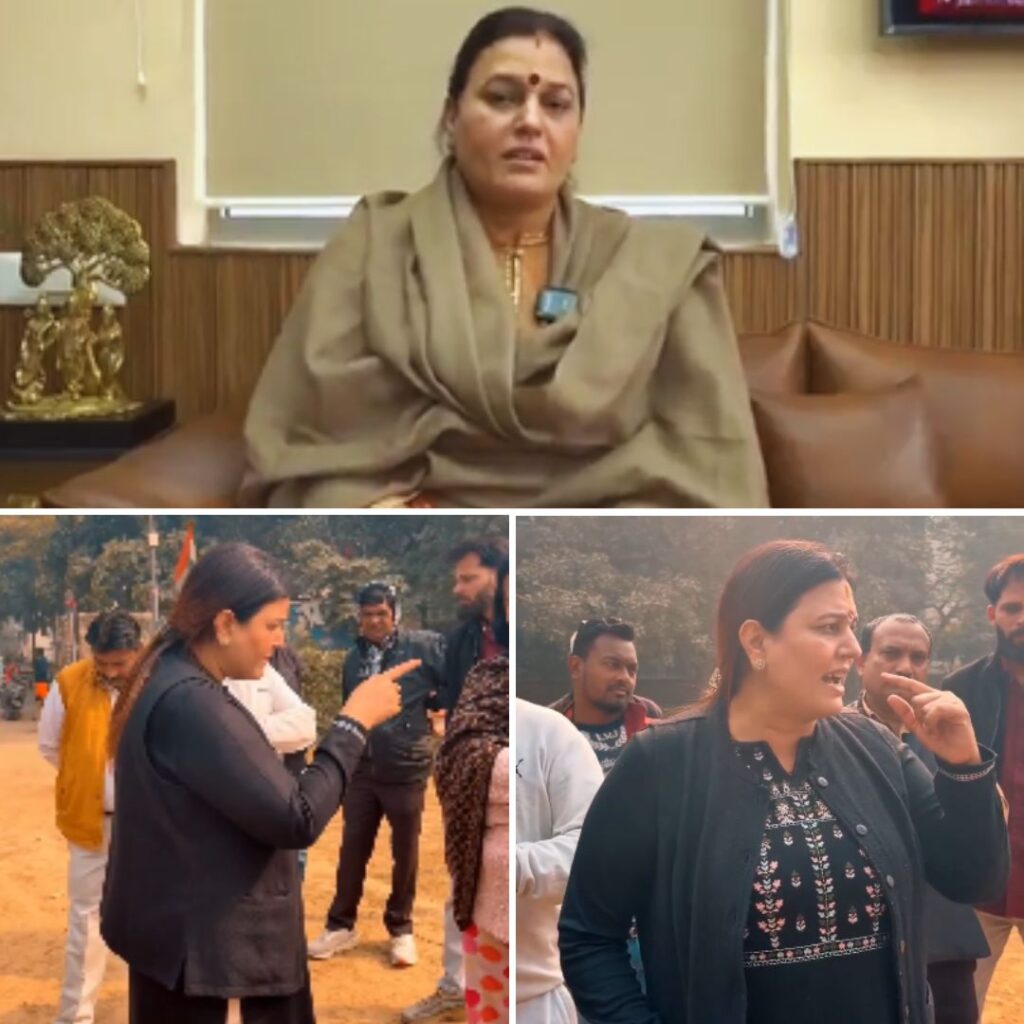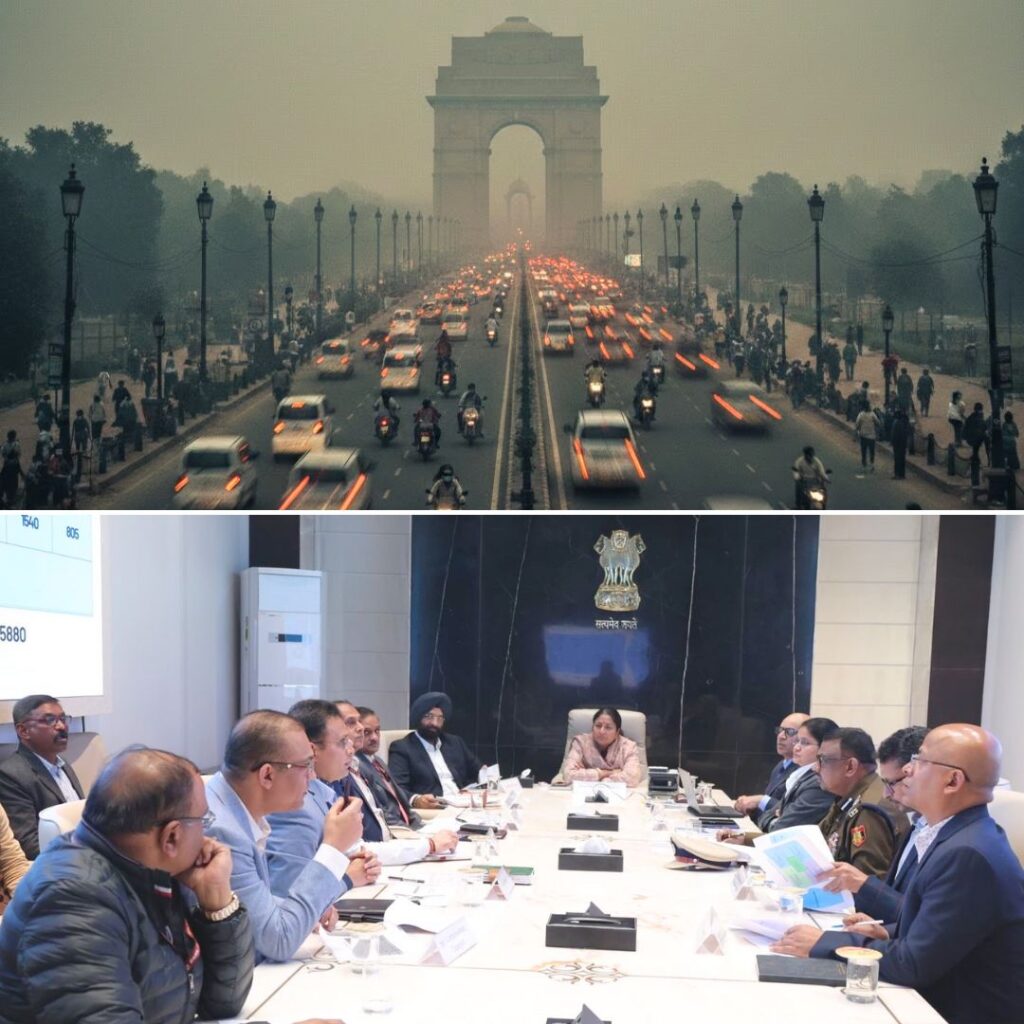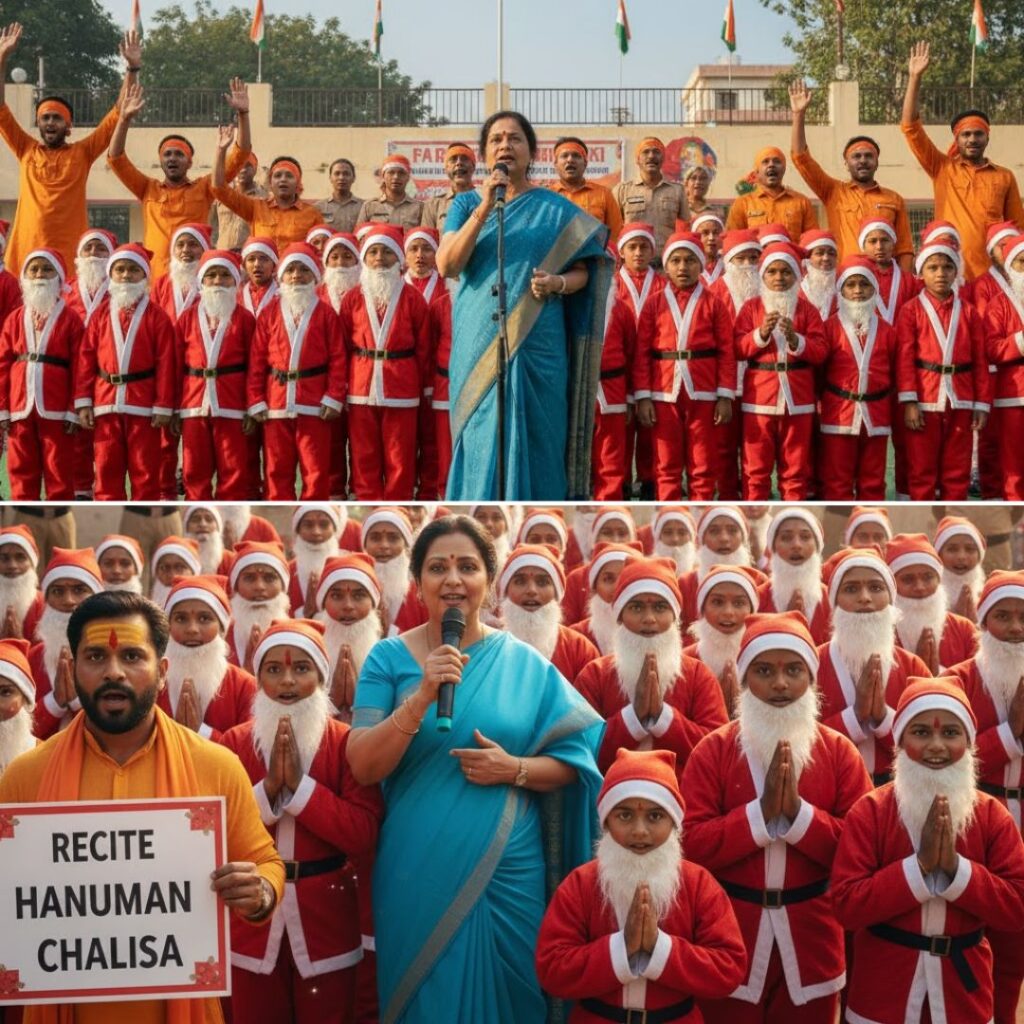From the participation in the national movement countering the Emergency, student politics have been an integral part of the nature of higher education in our country’s varsities. While students from so-called “mainland India” are a ready reference for student politics in the University of Delhi (DU), there is an apparent lack of representation of students from the northeastern part of the country. Moreover, it is believed that their interests are not actively sought by the student representatives of the Delhi University Students’ Union (DUSU). Why does this occur? How much politicisation is desirable for the aforementioned community of students? Will their politicisation help in the larger goal of the integration of this community of students with the rest of the students?
Martha Marak clearly remembers the events of the 23rd of July 2015. Martha, a student from Nagaland studying in Hansraj College, got called “Chinese” by two men as they rushed past her in a bike through BD Estate, a relatively posh area near the North Campus of the University of Delhi. Three months later, during election campaigning for the Delhi University Students’ Association (DUSU) elections, Martha spotted one of those two men, garlanded and surrounded by a gang of loud sloganeers who were going from one college to another. He had his picture on hundreds of the same posters pasted on walls, behind e-rickshaws, and even on streetlight poles. In Vijay Nagar, an area densely populated with Northeastern students of DU, he was seen calling his Northeastern “brothers and sisters” to vote for him to see “progressive” policies implemented by DUSU.
During the campaigning for DUSU in August 2017, one candidate fielded by a particular student political unit went ahead to claim in his speech, “The North-East people are benefiting because of the quota which helps them get into DU.” This is a flawed statement made by a student political leader who believes in the existence of a “quota” for North-Eastern students. Seeing this incredulous level of awareness of political leaders in DU, it is not startling that out of 20,000 North Eastern students, less than 5,000 cast their vote in the DUSU elections. These statistics were shared by the North East Students’ Society.
“During DUSU elections, tall promises are made for NE students. But nothing ever materialises,” said Dr Kamei Aphun, a Professor teaching Sociology at DU’s Delhi School of Economics (DSE). However, sometimes, student political leaders hesitate to even raise the issues of Northeastern students, let alone make tall promises. The issue of the murder of a 20-year-old student studying in Delhi, Nido Tania, provides evidence for the same. On 29th January 2014, Nido Tania died of severe lung and brain injuries from a racial attack inflicted upon him in a South Delhi market. It had led to a national debate on discrimination against ‘Northeasterners’ in Delhi’s educational institutions.
As activists and students expressed their outrage over Nido’s death with candle-light vigils all over Delhi, only a handful of the student political units took up this issue in the DUSU elections of the subsequent year. “Were they afraid that they might lose their vote bank of “mainstream” Indian students if they pressed this issue too much?,” remarks Tenzin who graduated from Zakir Hussain Delhi College, Delhi University, in 2015.
A founding member of the Northeast Support Centre and helpline, Alana Golmei, has stated that she gets half-a-dozen distress calls a week. The existence of such a helpline again makes us question the approachability of student political units at DU and the DUSU, at large. Samson Marak, a DU graduate, recounts a painful experience, “When I was a fresher in Ramjas College, I had faced racial abuse numerous times. This one time, mustering up all my courage, I remember marching into the DUSU office to complain about the abuse I was facing. I should have known better, for the first thing that the people did there was make fun of my dyed blonde hair.”
It is perhaps wishful thinking to expect much from student political units when even central authorities have been ineffective in assimilating this ethnically distinct population of students. The Delhi police, in 2007, had published a much-criticised booklet, advising migrants from the northeast to avoid wearing revealing clothes and to not cook their native foods, such as bamboo shoots and fermented soybeans, for fear of upsetting their Indian neighbours who were unfamiliar with those smells. “Campaigners at the DUSU elections, just after the publication of this booklet didn’t seem to have much of a problem with the same. They went as far as espousing this booklet in their manifesto readings”, testifies Jordan Warbah, a Hindu College graduate who was in his final year of college then.
When asked about this bone of contention between DU student politics and ‘Northeasterners’, Sanjay Hazarika, Director, Centre for North East Studies and…












